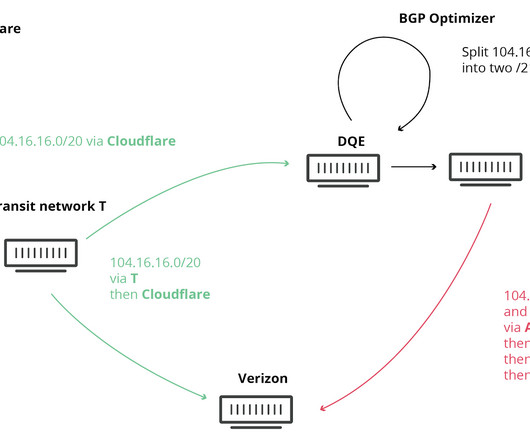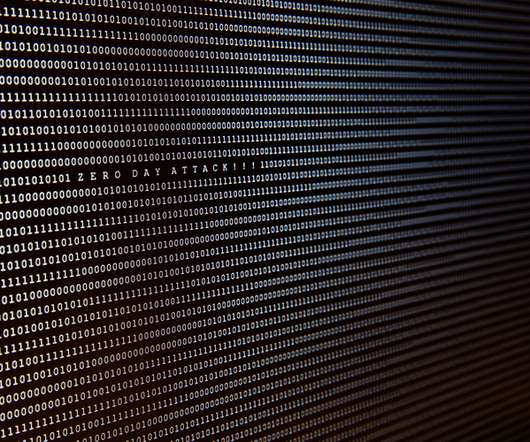Even North Korea has an antivirus program—but it’s used for spying
The Parallax
MAY 7, 2018
Researchers announced on May 1 that when they inspected the ingredients of the North Korean antivirus software for Windows computers, they found a mix of spyware and old code stolen from an antivirus vendor. Jaku is a known spyware-botnet combination, spread over BitTorrent.














Let's personalize your content